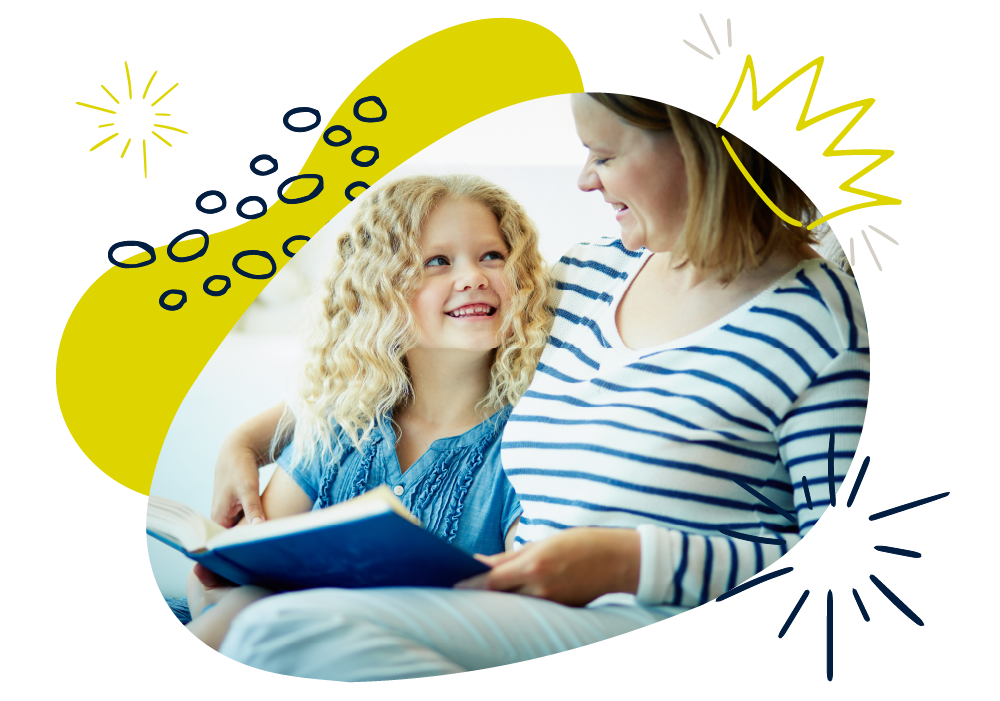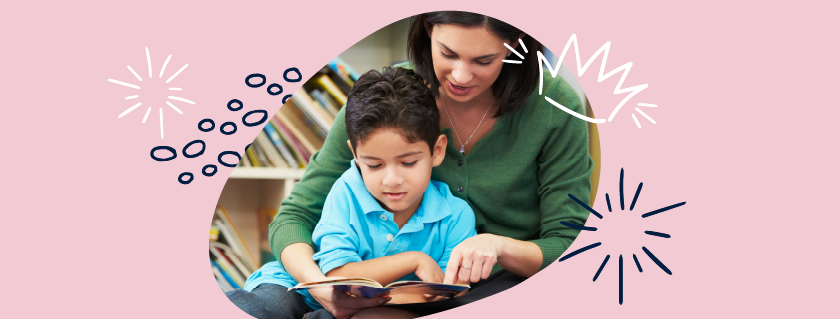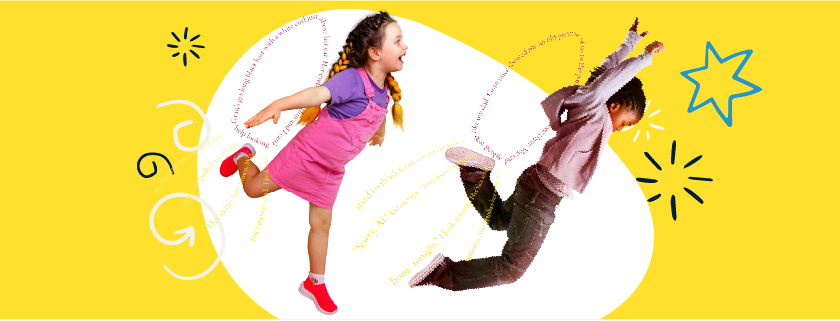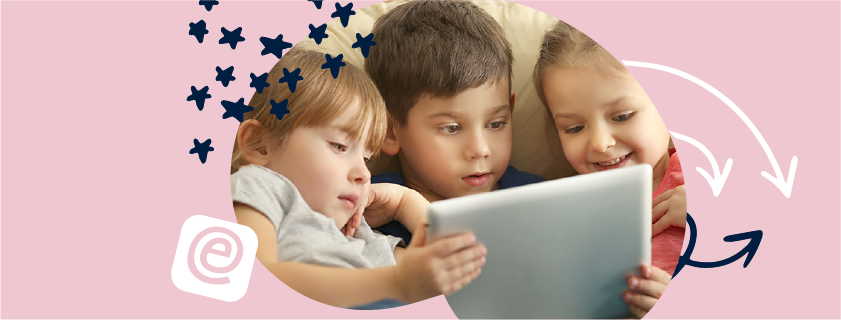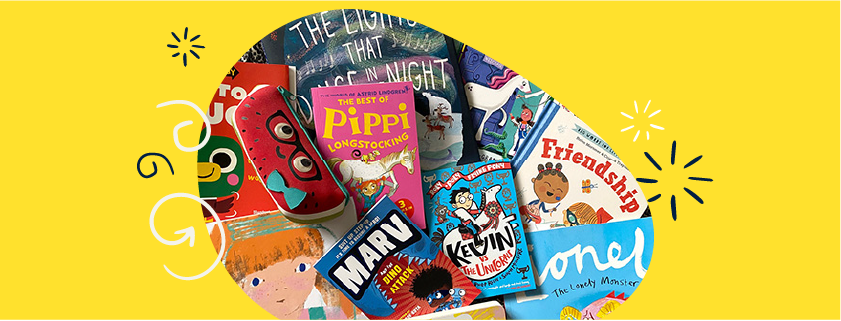Reading at Home
Learning to read takes lots of practise. Your child will cover the sounds and spellings at school but the time you spend reading with them is worth every minute.
Check out our bookshop and free eBook library to uncover lots of titles to be read at home, as well as suggestions for things you can do at home to encourage your young readers and support what’s happening at school.
Phonics Support
Find out about what phonics is, how your little one will learn to read and what you can do to help at home.
Supporting readers
Discover ways to support your child at home if they are struggling with reading.
Raise a Reader
Check out our Raise a Reader campaign for hints and tips on reading at home.
eBook Library
Explore free eBooks including all of your child’s favourite characters from Biff, Chip and Kipper to the Project X Team.
Visit the Bookshop
Check out our online bookshop, and discover picturebooks and fiction titles for all ages and interests!
Top Tips
How to help your child with reading at home
- Start with your child’s reading scheme book. These books will improve reading skills at the just the right level to give challenge and practise. Moving up through the colours or levels can be very important to children and this will help them progress
- Try and read other books at the same level as your child’s reading book. Look at Reading with Oxford or our free ebook library for inspiration
- Follow your child’s natural interest and look up information on the internet. They won’t notice that they are practising their reading. They will also be practising vital retrieval and research skills
- Some children just prefer non-fiction. Reading non-fiction is a great way to improve vocabulary, learn how to tackle new words, improve knowledge and develop a love for reading. Joke books, fact books, top ten books are all just as good for learning to read as reading fiction
- Many children love graphic novels or comics. These are great for developing imagination. Children also learn how stories are presented in different ways and understand how pictures and text work together. There’s also quite a bit of reading between the lines needed here
- Read signs and information boards as you are out and about. These often contain new vocabulary to discuss. Recipes or instructions for craft projects are also great for this and also encourage us to read with accuracy
- Try to encourage your child to tackle a longer fiction story. Reading a longer story for pleasure has many benefits. It develops imagination and empathy; it builds reading stamina and introduces new vocabulary and sentence styles
- Although they don’t practise phonics, listening to audiobooks does practise comprehension skills and might even encourage your child to read other books for themselves. Listening to books develops imagination, teaches new vocabulary, and allows your child to experience books above their reading age.
